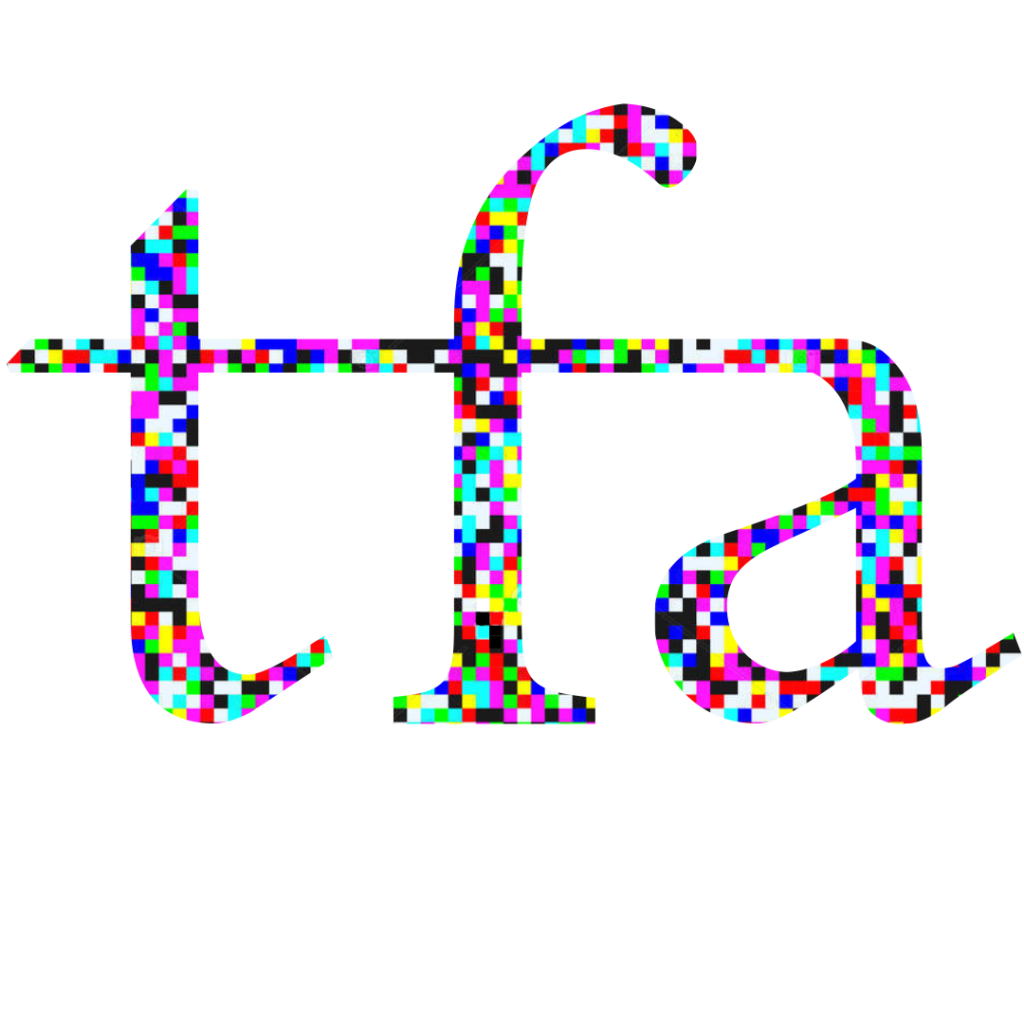TFALITERATURE

The Science and Imaginary Project
Science and literature often go hand in hand, and sometimes the imaginary of literature precedes the demonstrations that belong to the scientific dimension. Mircea Eliade used to say that he wrote in a novel what he could not say in his academic output, and there are many scholars who, alongside their scientific activity, have had an important literary production, especially in the field of science fiction, from Isaac Asimov to Fred Hoyle. Calvino himself, in Cosmicomics, has each story preceded by a scientific premise. The times in which we live are characterized by the advent of the Anthropocene imaginary, which has placed the issues of sustainability in the larger landscape of Deep Time. The future has changed. The pandemic, which is only one of the most obvious effects of the ongoing change, has shown that today the impossible is possible. There is a need for new ideas, solutions and strategies that can provide answers to times when the unimaginable is just around the corner. From many sides, there is a new interest in the professionals of the imaginary, particularly writers.

What is the relationship between science and literature in the age of the Anthropocene?
The basic idea is to bring together the dimensions of science and literary imagination in the current landscape.
We asked a number of Italian writers each to develop a story from a scientific fact dealing with sustainability and the Anthropocene. The results will be published in an exclusive book which will be distributed in English in Australia by the organization and in Italy it will be published and distributed by Effequ Editions.
A series of encounters between science and literature will be organized in Melbourne during the Week of the Italian Language in the World, where scientists and writers will develop common themes.
TFA and Week of Italian Language in the World, XXIII edition
October 16-22, 2023
CALENDAR
COASIT
189 Faraday St, Carlton VIC 3053, Australia
October 16 – EXTINCTION / SPECIES
H 6.30 pm
Literature
Matteo Meschiari
Science
Massimo Sandal
October 18 – OTHER INTELLIGENCES / SUSTAINABILITY
H 6.30 pm
Literature
Laura Pugno
Science
Annalisa Bruno
October 19 – LANGUAGE / PLANETS FOR HUMAN BEINGS
H 6.30 pm
Literature
Nicola Fantini
Science
Valentina Sumini
Organization – Italian Cultural Institute of Melbourne; COASIT Australia.
Curator – Maurizio Corrado
Photography – courtesy of Raffaela Mariniello
The eight writers taking part in the Science and Imagination project are:

Laura Pariani
(1951) is a painter, cartoonist and storyteller. She has written twenty plays, more than one hundred and fifty short stories and thirty-four novels; among her most recent works are Dio non ama i bambini(Einaudi, 2007) for which she won the Rhegium JuliiPrize and the Anna Maria Ortese Prize; Milano è una selva oscura (Einaudi, 2010), winner of the CampielloPrize Selection and the Basilicata Literary Prize; La valle delle donne lupo (Einaudi, 2012), for which she won the Prize Bottari Lattes; Le montagne di Don Patagonia (Interlinea,2012); Il piatto dell'angelo (Giunti, 2013) awarded the Carlo Levi Prize; Questo viaggio chiamavamo amore(Einaudi, 2015) winner of the Bergamo Prize; "Domani è un altro giorno" disse Rossella O'Hara (Einaudi, 2017), winner of the Camerino University Special Prize; Caddi e rimase la mia carne sola (Effigie, 2017); Di ferro e d'acciaio (NNE, 2018) winner of the Mondello Prize; Il gioco di Santa Oca (La Nave di Teseo, 2019), winner of the Campiello Prize Selection and the Cavallini Prize; Apriti, mare! (La Nave di Teseo, 2021). She collaborated on the script of the film Così ridevano which won the Golden Lion Award in 1998.

Laura Pugno
Poet, essayist and novelist. Her recent publications include the novels Sirene (Marsilio, 2016) and La ragazza selvaggia (Marsilio, 2018), winners of the Campiello Prize Selection, Literary; the essay ‘In territorio selvaggio’ (Nottetempo, 2018); in collaboration with Giulio Mozzi, l'Oracolo manuale per poete e poeti(Sonzogno, 2020); the poetry collections I nomi (La nave di Teseo, 2023) and Noi (Amos, 2020) winner of the Franco Fortini Prize, 2021; and the fairy tale Melusina, illustrated by Elisa Seitzinger (Hacca, 2022). Shecollaborates with Il Venerdì di Repubblica and Le parole e le cose [blog] and is one of the editors of the I domani di Aragno series. She developed the ideas for the Poetry Festival ‘I Quattro Elementi’ (Madrid 2018-2019); for the podcast series ‘Oltrelontano’; ‘Poetry as Landscape’for Radio3Suite and the ‘Imaginary map of contemporary Italian poetry’ (Il Saggiatore, 2021). She writes for cinema and theatre and is a member of the Scientific Committee of the Strega Prize, Poetry. From 2015 to 2020 she was the Director of the Italian Cultural Institute in Madrid.

Elena Varvello,
Born in Turin in 1971 and a graduate of the Holden School in Turin has published the collection of short stories L'economia delle cose (Fandango, 2007). She was nominated for the Strega Prize, and was the winner of the Settembrini and Bagutta Opera Prima Prizes. She is the author of the novels La luce perfetta del giorno (Fandango, 2011), La fine del mondo (Loescher, 2013), La vita felice (Einaudi, 2016) and Solo un ragazzo(Einaudi, 2020). Her books have been translated in England, the United States, Spain, France, Poland, Mexico, Greece and Portugal. She teaches ‘Original and Academy’, a postgraduate course in writing and contemporary humanities at the Holden School.

Nicola Fantini
Born in Premosello Chiovenda in 1962, is a translator of English and Spanish. After his debut in the fantasy genre in the 1980s, he published La variabile Berkeley, (Editrice Nord, 1995) winner of the Cosmo Prize; in collaboration with Antonio Dal Masetto Diario argentino (Effigie, 2004); in collaboration with Naomi Klein, Antonio Moresco and Laura Pariani Argentina fuori dall’ordinario (Fandango, 2007); La setta delle catacombe (Barbera, 2008); Fuggito è il giorno, edizionifuoridalcoro (Mendrisio, 2018); ‘Il mio nome è Lemuel’ in Strani Mondi (Urania Millemondi, 2018); ‘Nella serra’ in Primo contatto (Urania Millemondi 2022). In collaboration with Laura Pariani, he has written Nostra Signora degli scorpioni (Sellerio, 2014) which won the Onor d'Agobbio Prize; Che Guevara aveva un gallo (Sellerio, 2016); La macchina tigre (Pelledoca,2018); Il lago dove nacque Zarathustra (Interlinea 2018); Arrivederci, signor Čajkovskij (Sellerio, 2019); Il rasoio di Asimov, (Edizioni Repubblica/La Stampa,2020); Gli incanti dell'isola (Interlinea, 2022).

Matteo Meschiari
Was born in 1968 in Modena. He is an anthropologist, geographer and writer. He has taught at various French universities and since 2015 has been Associate Professor of Geography at the University of Palermo. For many years, he has been studying landscape in literature and researching perceived and lived space in Europe and beyond. In addition to numerous articles, he has written books of non-fiction, fiction and poetry, including L'ora del mondo (Hacca,2019); Finisterre (Aragno, 2019); Anthropocene fantastique. Writing Another World (Armillariam, 2020);Geographies of Collapse. The Anthropocene in 9 keywords (Plan B, 2021); Landness. Una storiageoanarchica (Meltemi, 2022). In collaboration with AntonioVena he developed the project ‘TINA - Stories of the Great Extinction’ on the collective imagination in the Anthropocene, and the blogs ‘La Grande Estinzione’ and ‘Il problema di Grendel’. In 2016 he published the novel Neghentopia (Exòrma), with illustrations by Rocco Lombardi.

Davide Morosinotto
is an author who has been translated into twenty-five languages. He won the Andersen Prizein Italy in 2017 with Il Rinomato Catalogo Walker &Dawn (Mondadori, 2017) and the Strega Ragazze e Ragazzi Prize 2021 with La Più Grande (Rizzoli, 2020), which gained him a place in the IBBY Honours List 2021. A finalist in the prestigious German Youth Literature Prize and winner of the Penzberger UrmelLiterary Prize in Germany, he has also won the Prix des Bouquineurs en Seine and the Grand Prix des Lecteursdu Journal de Mickey in France, the Vlag en WimpelAward and the Zilveren Griffel Award in Holland, the KJV Award in Flanders, and the Protagonista Jove Prize in Catalonia, and has been nominated for the Carnegie Medal 2022 in the United Kingdom.

Valerio Varesi
Was born in Turin in 1959, lives in the province of Parma and works in the Bologna editorial office of the Repubblica. He graduated in Philosophy in Bologna with a dissertation on Soren Kierkegaard and is the author of fifteen noir novels, in which the main character is Inspector Soneri of the Questura di Parma, played by Luca Barbareschi in 14 episodes of the Rai2 series Nebbie e delitti. An eclectic writer, he has also written historical-political novels collected in the volume Trilogy of a Republic. Varesi has also been translated into English, Spanish, German, Dutch, Turkish, Polish and Romanian.

Maurizio Corrado
Achitect, writer, curator, has been involved in ecological design since the 1990s, working for newspapers and television stations, curating design programmes for Canale 5 and SKY, and organising exhibitions and cultural events. He has directed training centres and published series and magazines as well as over twenty non-fiction books on ecological design and architecture, with translations in France and Spain. He edited the Italian/English magazine Nemeton. High Green Tech. He has taught at the University of Camerino, at Naba (New Academy of Fine Arts) in Milan, and at the Academy of Fine Arts in Bologna, Verona and Foggia. He writes fiction and plays.








